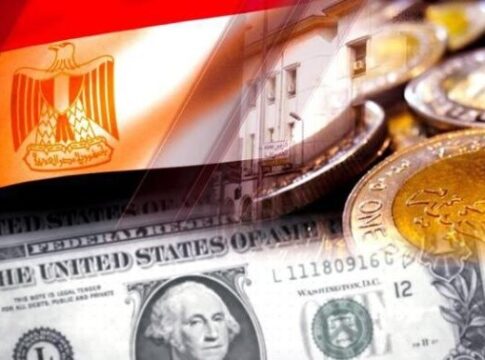Egypt experienced a remarkable surge in foreign direct investment (FDI) inflows, reaching an unprecedented $46.1 billion in the fiscal year 2023/2024, as reported by the Central Bank of Egypt (CBE). This is a significant leap from the $10 billion recorded the previous year, reflecting a robust interest in Egypt’s economic landscape.
The non-oil sector was the primary magnet for these investments, attracting $40.4 billion in net FDI inflows. Meanwhile, the oil sector drew in $5.7 billion. To further entice investors, the Egyptian government is planning to offer five new concessions in the Red Sea area, including Berenice and Ras Banas, signaling a strategic push to enhance investment opportunities.
In addition to this positive FDI trajectory, Egypt recorded a substantial $9.7 billion surplus in its balance of payments for the latter half of FY 2023/2024. Portfolio investments also experienced a resurgence, with a net inflow of $14.5 billion, a stark contrast to the previous year’s outflow of $3.8 billion.
Tourism remains a cornerstone of the Egyptian economy, with revenues climbing by 5.5% to reach $14.4 billion. This growth is attributed to a 7.4% increase in tourist arrivals, totaling 14.9 million, and a rise in overnight stays to 154.1 million.
However, this economic success story is not without its challenges. Egypt’s trade deficit expanded by $8.4 billion, reaching $39.6 billion. A significant contributor to this widening gap was the dramatic decline in oil exports, which fell by $8.1 billion to $5.7 billion, largely due to a sharp drop in natural gas exports to $605.3 million from $7.2 billion the previous year.
Non-oil imports also saw a $1.4 billion increase, exacerbating the non-oil trade deficit, which grew to $31.9 billion. This rise was driven by higher imports of scrap cast iron, passenger vehicles, cast iron, and wheat. On the positive side, non-oil exports rose to $26.8 billion, driven by goods such as wires and cables, vegetables, electric household appliances, and textiles.
Suez Canal revenues also faced a decline, dropping by 24.3% to $6.6 billion, influenced by a reduction in ship transits and overall shipping tonnage.
Moreover, remittances from Egyptians abroad saw a slight decrease, down 0.6% to $21.9 billion.
Economists have weighed in on these developments. Dr. Amira Nabil, an economist with the Cairo Economic Forum, commented, “While the surge in FDI and portfolio investments signals strong international confidence in Egypt’s market potential, the widening trade deficit underscores the need for a balanced approach to imports and a renewed focus on boosting exports.”
As Egypt navigates this complex economic landscape, it remains a critical period for policymakers to harness these investment inflows while addressing the trade imbalance to sustain long-term growth.


